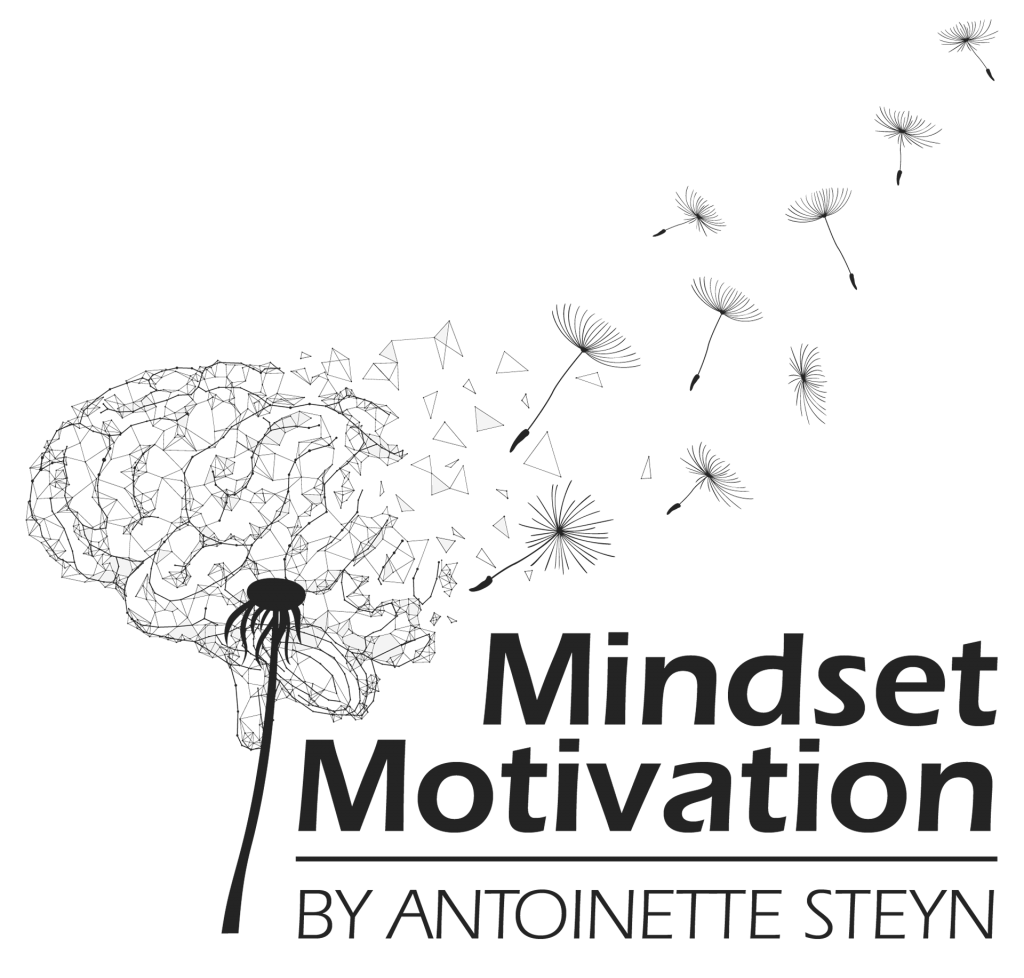M.I.N.D Profiles, Uncategorized
DO YOU HAVE A “PLEASER” OR “INSECURE” M.I.N.D PROFILE?
Some people resort to pleasing behaviour in the same way as others would turn to alcohol, cigarettes or drugs. The desire to be liked and the need for constant reassurance from others is more often than not characteristics which you learned due to childhood challenges or trauma. Attachment theory clearly explains that individuals who
Studies found that both our genetics/nature and environment/nurture contribute to the person we ultimately become. It is clear that the fact that our environment shapes us, cannot be ignored. The fact that we tend to have default negative reactions to certain things in life indicate that these triggers cannot be ignored.
Your childhood experiences lay the foundation of your general attachment or M.I.N.D style. Some of the most significant impacts on our lives were created by our parents or primary caregivers. Some of our earliest attachment experiences occurred at an age we remember nothing about which is usually before the age of two.
Despite the fact that many of us don’t recall much of our early attachment experiences, it still has the ability to influence all our future relationships. The attachment system in human beings plays a big role in what it means to be human.
The people in the pleaser category of the M.I.N.D types is called the Insecure type. The main reason for this is due to the fact that they are very good at trying to please the needs of others. They easily find the magic in others but struggle to find it within themselves. They will sometimes invade the lives of others in order to please them and ultimately to keep them close and remain in their lives.
People often refer to these people as being “too nice”. They are good at meeting the expectations of others but struggle with meeting their own. They are very committed to others which will cause them to sometimes neglect themselves in the process. They are also the kind of people who tend to struggle with commitments or resolutions such as exercising every day or going on a diet. When this commitment is only made towards them, they often fail at keeping it. They can however more easily keep to these expectations when they have a commitment to an external party e.g., they promised a friend that they will exercise with them every day. When this is the case, they will also be able to exercise every day, not due to the commitment they have towards themselves, but rather their commitment towards someone else. In many cases when their exercise buddy has to move away or just stops exercising, they will stop as well due to the fact that they no longer have a commitment towards someone else with which they must comply.
These individuals tend to also struggle with their self-confidence. Their view of themselves is almost completely based on other people’s opinions of them. What others think of them matters most. They are also more prone to believing the negative things about themselves, rather than the positive things. They will fear the end of a relationship even before it begins. They experience various emotional “highs” and “lows”. When they enter a room, they immediately make use of assumptions, many of which include that they think other people don’t like them. These individuals also easily resort to anger.
While the Insecure types are always busy pleasing everyone else and attending to the needs of others, they still have a deep desire to be loved, rewarded and cared for as well. Due to the fact that their self-worth rests on the opinions of others, they tend to give too much authority to others. Due to the fact that these people are always focused on the needs of others, they also remember everyone’s birthday and every detail of those people’s lives. They very often feel misunderstood and can become aggressive or driven by anger, especially when their pleasing behaviour doesn’t work or they fear rejection.
They come from a home environment where they had a fearful, angry, inconsistent or critical parent. Fearful caretakers or parents don’t encourage children to take risks or find healthy ways to tame their anxieties.
READ MORE ABOUT THE DIFFERENT M.I.N.D PROFILES IN THE BOOK: YOUR M.I.N.D PROFILE by ANTOINETTE STEYN. Available to order from www.mindsetmotivation.co.za

